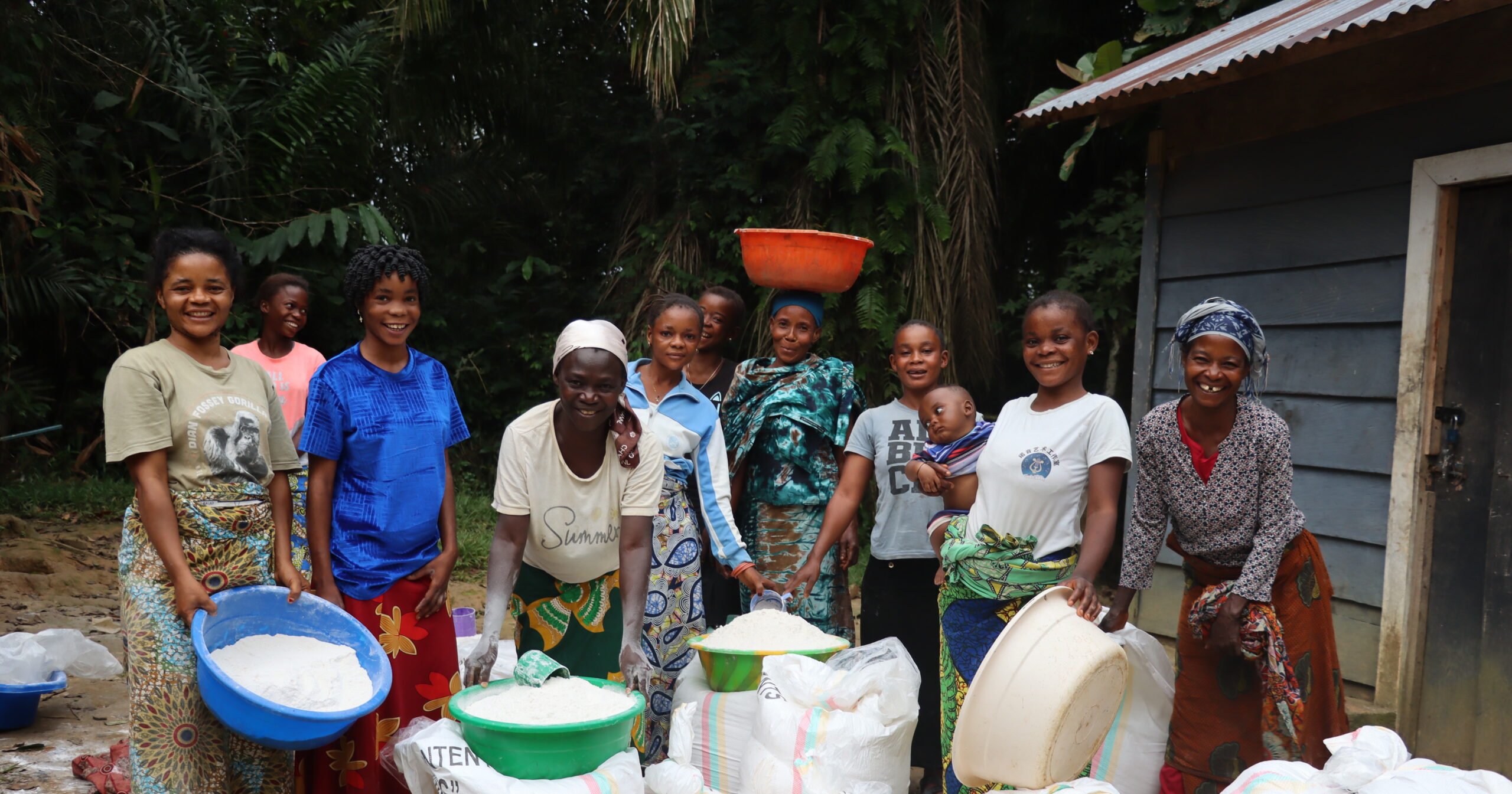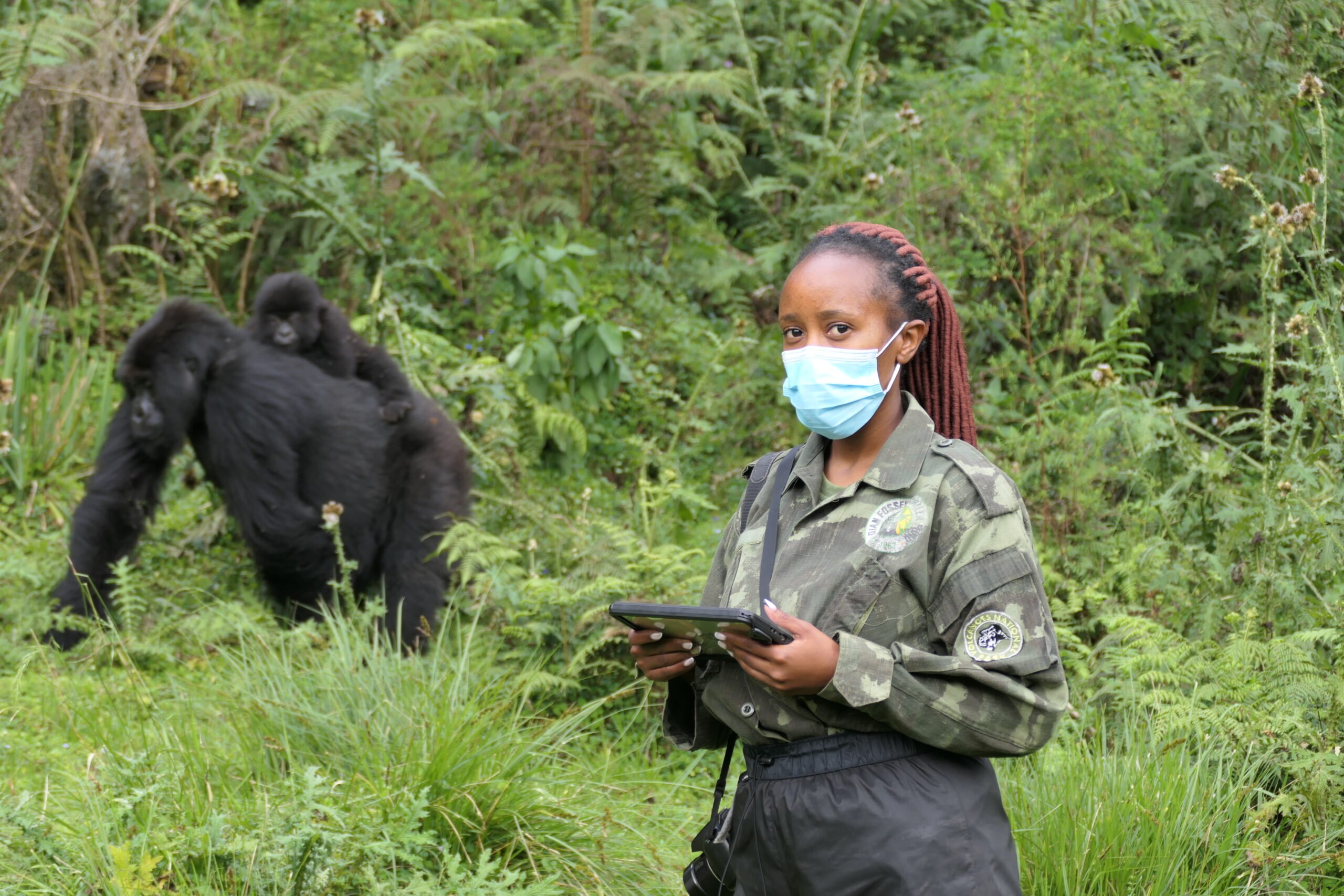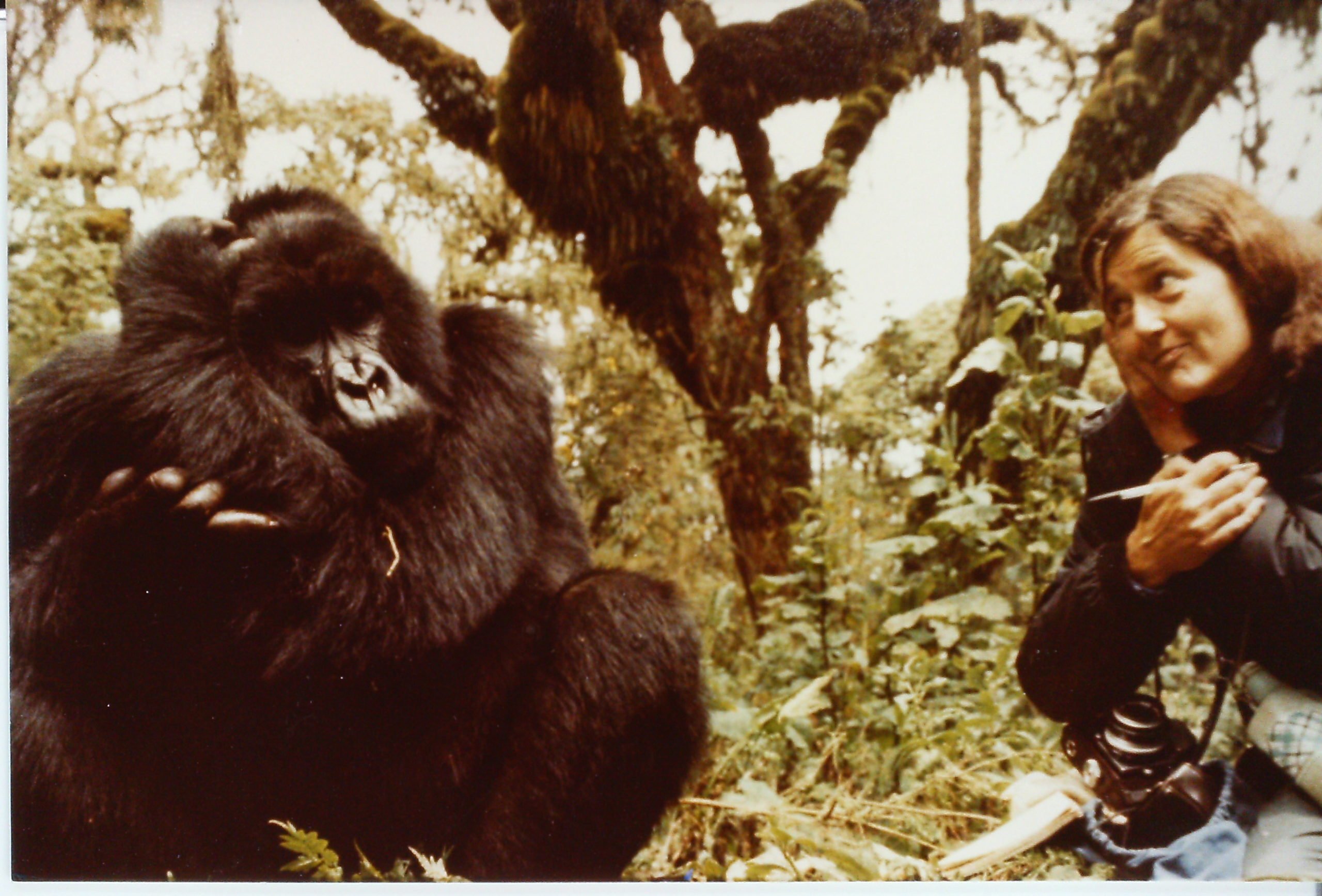September 22, 2014
NUR Students Complete Data Collection
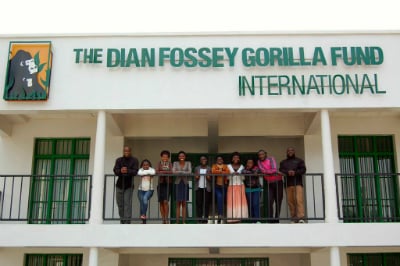 Eight third-year biology students from the National University of Rwanda (NUR) recently wrapped up their data collection course at the Karisoke Research Center and returned to the university to prepare their presentations.
Eight third-year biology students from the National University of Rwanda (NUR) recently wrapped up their data collection course at the Karisoke Research Center and returned to the university to prepare their presentations.
Students who attend the third-year field methods course chose to concentrate in conservation biology, emphasizing either botany or zoology. Cleveland Metroparks Zoo and Cleveland Zoological Society funded the third-year (“memoir”) students and taught one week of classes. The course is tailored to teach students the specific techniques they will need to use to collect data in their fields.
This year, botany topics ranged from wetland vegetation dynamics in Volcanoes National Park, to altitudinal distribution of human medicinal plant species eaten by mountain gorillas. Zoology topics included the use of physical characteristics to determine the average age at which a blackback gorilla becomes a silverback, and determining the age of mountain gorillas based on the wear on their incisors. The latter topics are specifically useful to help assign ages to unknown individuals in the gorilla population, but all the subjects and results are crucial for improving our knowledge of the biology of mountain gorillas in Volcanoes National Park.
The Fossey Fund’s Biodiversity Research Program Coordinator Deogratias Tuyisingize, along with Cleveland Metroparks Zoo staff Kristen Lukas, Ph.D., and Austin Leeds, as well as postdoctoral George Washington University researcher Jordi Galbany, Ph.D., acted as mentors during the course.
“It was nice to work with the students on morphological aspects of the gorillas. They are not used to developing this kind of research, which means that they need some training, but at the same time they gain new experience and skills,” Galbany said.
Tuyisingize coordinated the students’ daily programs and aided with data collection, entry and analysis.
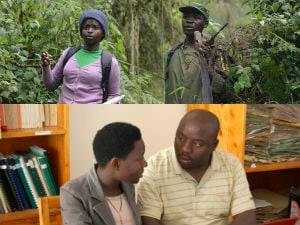 “The students finished their projects in different stages, and we monitored the progressions of small groups to ensure they entered their data properly for their final results,” Tuyisingize said. He has been a mentor for the program since 2006.
“The students finished their projects in different stages, and we monitored the progressions of small groups to ensure they entered their data properly for their final results,” Tuyisingize said. He has been a mentor for the program since 2006.
By August, all of the students returned to NUR to begin working on their results. While the students are away from the field, they will have indirect supervision and continued support from Karisoke staff and direct supervision from internal supervisors, Tuyisingize said.
Tuyisingize will visit NUR in October to discuss their polished, final results. For the final phase of the 2014/2015 undergraduate research project, the students will return to Karisoke to present their final results to Fossey Fund staff in February of next year.
We wish to thank the Turner Foundation, Craghoppers, Corning® Gorilla Glass, and Vacations to Go for their continued support for our programs in Rwanda and the Democratic Republic of Congo. Their contributions allow our field staff to maintain a daily presence in the forest, protecting and studying critically endangered gorillas and their habitat.

